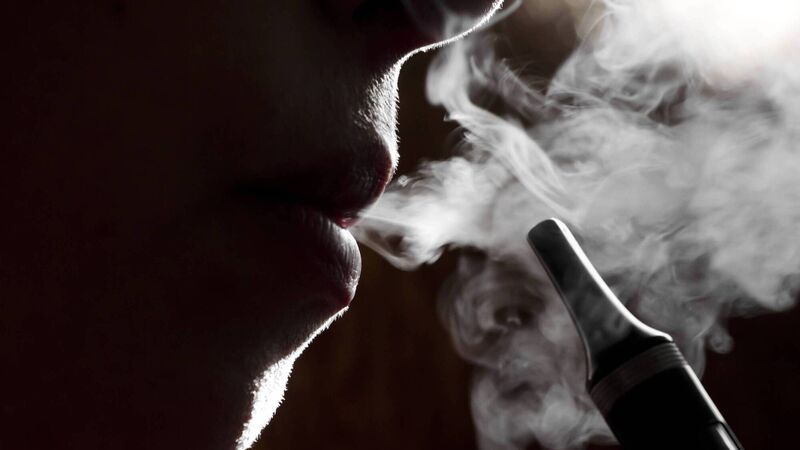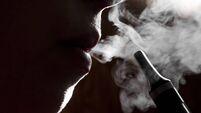Vapes with cannabinoids causing psychosis in users as young as 13

Problems linked to hexahydrocannabinol in vapes began to emerge in youth addiction and mental health services some 14 months ago, but presentations are now escalating. Picture: iStock
Dangerous synthetic cannabinoids being sold in vape shops are causing psychosis in children as young as 13 that may damage them for life, a leading psychiatrist has warned.
Professor Bobby Smyth, a consultant child and adolescent psychiatrist and clinical professor at Trinity College Dublin, said 20-25% of presentations to adolescent addiction services he works in now involve hexahydrocannabinol (HHC) — a semi-synthetic cannabinoid with broadly similar effects to cannabis.













